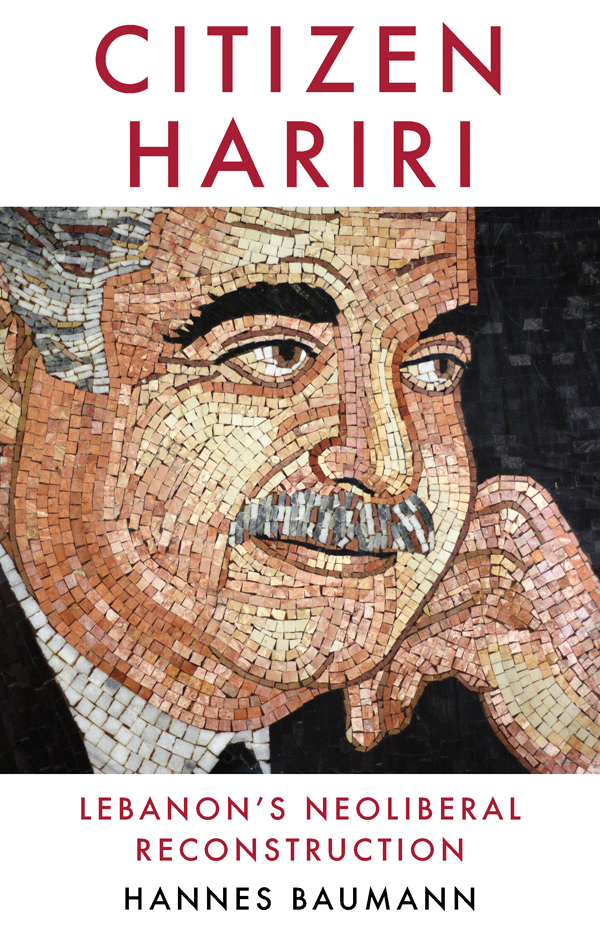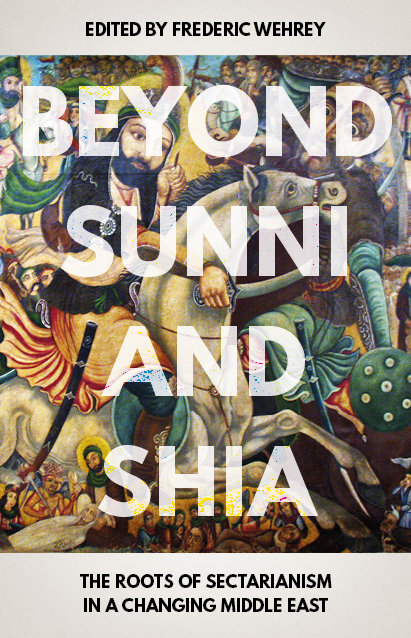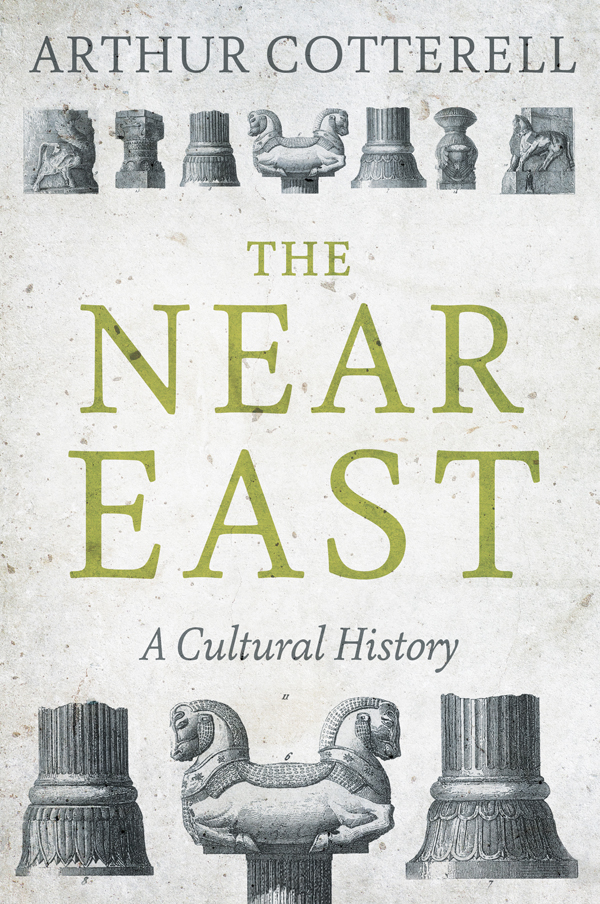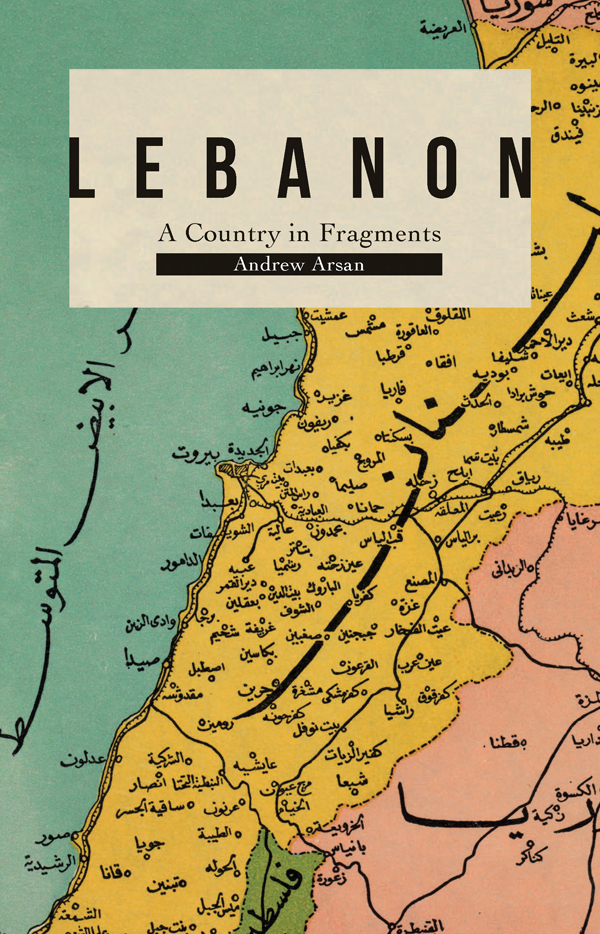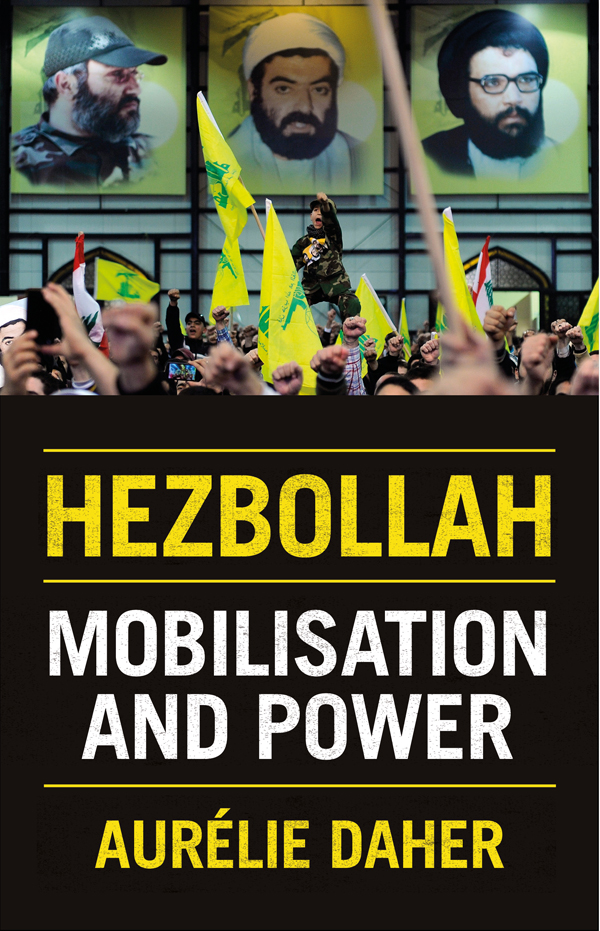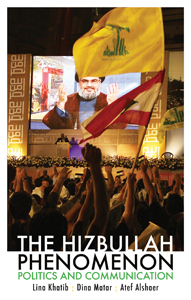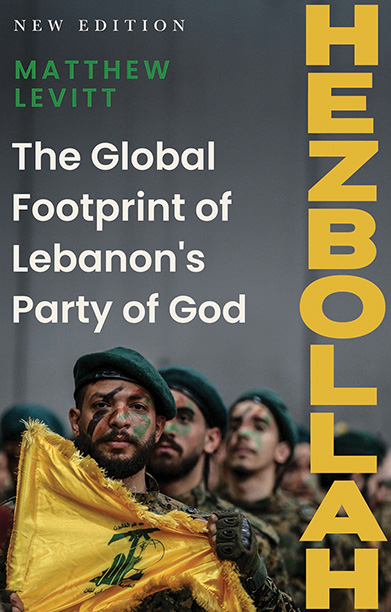Citizen Hariri
Lebanon’s Neoliberal Reconstruction
A new political biography of the Titan of Lebanese politics, whose influential legacy continues to shape the Levant years after his assassination.
Description
Rafiq Hariri was Lebanon’s Silvio Berlusconi: a ‘self-made’ billionaire who became prime minister and shaped postwar reconstruction. His assassination in February 2005 almost tipped the country into civil strife. Yet Hariri was neither a militia leader nor from a traditional political family. How did this outsider rise to wield such immense political and economic power?
Citizen Hariri shows how the billionaire converted his wealth and close ties to the Saudi monarchy into political power. Hariri is used as a prism to examine how changes in global neoliberalism reshaped Lebanese politics. He initiated urban megaprojects and inflated the banking sector. And having grown rich as a contractor in the Gulf, he turned Lebanon into an outlet for Gulf capital. The concentration of wealth and the restructuring of the postwar Lebanese state were comparable to the effects of neoliberalism elsewhere. But at the same time, Hariri was a deeply Lebanese figure. He had to fend against militia leaders and a hostile Syrian regime. The billionaire outsider eventually came to behave like a traditional Lebanese political patron.
Hannes Baumann not only assesses the personal legacy of the man dubbed ‘Mr Lebanon’ but charts the wider social and economic transformations his rise represented.
Table of contents
1. Introduction
2. The rise of Rafiq Hariri: 1976–1990
3. Reconstruction: 1992–1998
4. Social crisis and Hariri’s sectarian turn: 1998–2000
5. Return to political crisis and assassination: 2000–2005
6. Conclusions
Reviews
‘An insightful study of the neoliberal “reconstruction” period, seen through the political biography of its central character. Combining a political economy perspective with a sound grasp of multidimensional political realities, Baumann brilliantly shows how Hariri adapted to Lebanon’s intricacies.’ — Gilbert Achcar, Professor of Development Studies & International Relations, School of Oriental and African Studies, London
‘Although colourful businessman-turned-politician Rafiq al-Hariri credited his success to the return of laissez-faire economics, Citizen Hariri reveals the surprisingly illiberal foundations of Lebanon’s urban megaprojects and financial engineering. A treasure trove of essential insights into class, capitalism, and business-state relations in the contemporary Middle East.’ — Daniel Neep, Assistant Professor, Center for Contemporary Arab Studies, Georgetown University
‘Political biography at its best. Hannes Baumann successfully uses the trajectory of Rafiq Hariri as a prism through which to understand Lebanon’s political dynamics. The result is a convincing and multilayered analysis that helps us to grasp both Hariri’s career and his enduring and complex legacy.’ — Charles Tripp, Professor of Politics, School of Oriental and African Studies, London
‘The story is well told.’ — Foreign Affairs
‘Baumann provides a brilliant study of the neoliberal reconstruction in post-war Lebanon by an oligarchy of warlords, bankers and contractors, who subordinated the state to private interests and enriched themselves on rent extraction, increasing unemployment, poverty and social inequalities.’ — Fawwaz Traboulsi, author of A History of Modern Lebanon
‘A masterly account of the introduction of neoliberalism in Lebanon. Combining sociological and economic analysis, Citizen Hariri provides a fresh look at clientelism, governance, class formation, and the state in Lebanon. It will be a key work for years to come.’ — Sune Haugbølle, Associate Professor at Roskilde University, and author of War and Memory in Lebanon
‘This insightful and clever book justifiably puts political economy at the center of the analysis, but also exposes the ways in which Hariri’s engagement in politics fueled an increasingly “sectarian” emphasis as he sought power in Lebanon’s power-sharing system. The careful exposition of large-scale state interference with property rights and currency markets is an important contribution.’ — Melani Cammett, Professor of Government, Harvard University, and author of Compassionate Communalism: Welfare and Sectarianism in Lebanon
‘Citizen Hariri not only provides us with a critical biography of one of the modern Middle East’s most fascinating political figures, it also throws new light on state–business relations and the politics of economic reforms in the wider region.’ — Steffen Hertog, Associate Professor, London School of Economics and Political Science, and co-editor of Business Politics in the Middle East
‘An insightful, sharp and timely analysis of Hariri. This is an invaluable contribution that sheds light on contemporary politics in Lebanon, and a must-read for all those interested in the post-civil war era.’ — Mayssoun Sukarieh, Lecturer in Middle Eastern Studies, King’s College London and co-author of Youth Rising? The Politics of Youth in the Global Economy
‘Citizen Hariri is the first head-on, comprehensive inquiry into Lebanon’s turn to “neoliberalism”; much rejected and despaired, but rarely analysed as powerfully as here. No other book so compellingly brings to life Mister Lebanon, the country’s turbulent politics, and the predicament of being ruled and governed by “real existing neoliberalism”.’ — Reinoud Leenders, King’s College London, author of Spoils of Truce – Corruption and State-Building in Postwar Lebanon
Author(s)
Hannes Baumann is a lecturer at the University of Liverpool. His current research looks at the politics of Gulf investment in non-oil Arab states. He previously taught or researched at King’s College London, Georgetown University, the School of Oriental and African Studies, University of London, and the Stockholm International Peace Research Institute (SIPRI).
